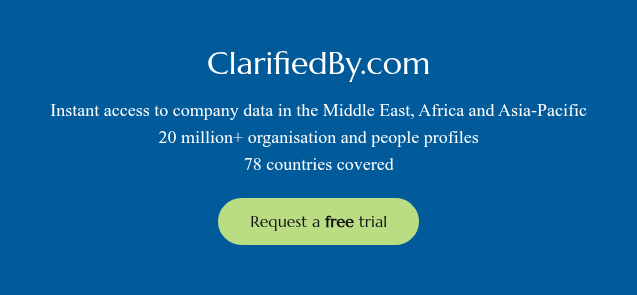How to avoid common mistakes when expanding in the Middle East
Read moreUncovering hidden assets in the UAE: Why transparency still matters
The United Arab Emirates has built a global reputation as a business-friendly hub, attracting investment and talent from all corners of the world. Yet, beneath the surface of gleaming skyscrapers and booming free zones lies a persistent challenge: the country remains one of the top jurisdictions globally for concealing illicit assets. In Transparency International’s latest findings1, the UAE once again featured among the top ten jurisdictions most frequently used to hide wealth, highlighting an ongoing challenge: transparency remains critically important.
A magnet for hidden wealth
So why does the UAE remain such an attractive destination for those seeking to obscure true ownership? The reasons are multifaceted. Its strategic geographic location, robust infrastructure, and low tax environment make it a natural draw for global business. However, the same traits—combined with minimal disclosure requirements, a history of limited regulatory scrutiny, and complex corporate ownership structures—also make it fertile ground for financial opacity.
Assets are often held through layered corporate entities, offshore vehicles, and nominee arrangements. Real estate, in particular, is frequently registered under the names of associates or shell companies, making it exceedingly difficult to trace true ownership. While recent reforms have aimed to improve transparency, implementation remains uneven, and loopholes persist.
The cost of obscured ownership
For compliance professionals, legal advisors, and investigative firms, this lack of transparency is more than an academic concern. It presents tangible risks. Hidden assets can indicate ties to money laundering, corruption, or sanctioned entities. Misidentifying a beneficial owner can lead to compliance breaches, reputational harm, or even legal liability.
Moreover, in the event of litigation or asset recovery efforts, obscured ownership makes tracing and enforcement substantially more difficult. Without the right tools and local knowledge, even the most well-resourced teams can find themselves lost in a labyrinth of incomplete or misleading records.
Seeing through the fog
At Diligencia, we specialise in helping our clients cut through this opacity. With a deep focus on the UAE and the broader Middle East & Africa region, we have developed a unique approach to uncovering hidden assets and true beneficial ownership—even where public records are sparse, outdated, or deliberately misleading.
Our work combines:
- Local insight: Over 17 years of experience navigating the legal and regulatory landscape across the region.
- Proprietary data: Verified, structured information not available through standard channels.
- Investigative rigour: Human-led research that contextualises data and validates ownership trails.
Transparency as a competitive advantage
For organisations committed to ethical operations, embracing transparency isn’t just about compliance—it’s a strategic advantage. Knowing exactly who you’re doing business with protects against regulatory risk, builds stakeholder trust, and supports long-term growth. In regions like the UAE, where opacity can be the norm, being able to verify ownership can mean the difference between a sound partnership and a costly misstep.
The path forward
There is no question that the UAE is taking steps toward reform. The introduction of the Ultimate Beneficial Ownership (UBO) register and increased engagement with international standards signal positive momentum. But challenges remain, and for the foreseeable future, expert assistance will continue to be essential.
At Diligencia, we are proud to be part of the solution—providing our clients with the intelligence they need to operate confidently and compliantly in some of the world’s most opaque environments.

